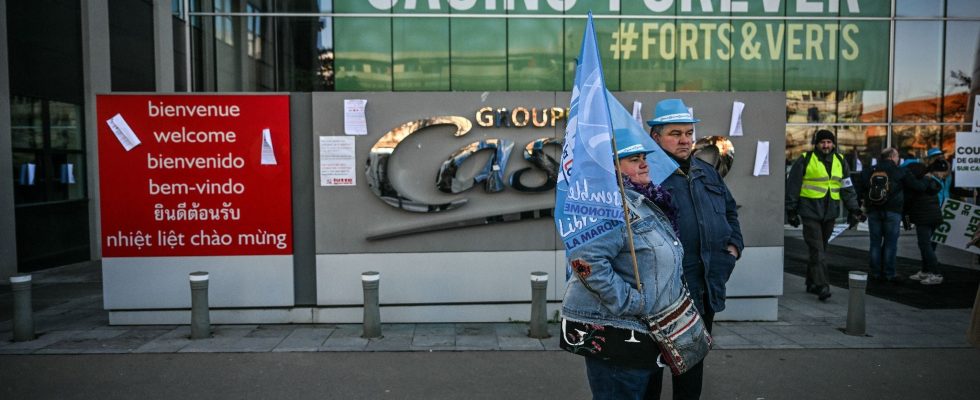What do Casino supermarkets, Lejaby fine lingerie, Atos data centers and Habitat sofas have in common? Answer, debt. It’s not just the States that have been addicted to easy money for years. Businesses too. For almost a decade, they benefited like never before from credits that became almost free. The largest of them borrowed astronomical sums on the markets, without investors really raising an eyebrow at the absurd arrangements invented by financial directors transformed into financial magicians. SMEs were not left out during Covid, taking advantage of the very secure system of state-guaranteed loans (PGE). As a result, it is in France that corporate debt is today the highest of the large European countries.
The party came to an abrupt end when the European Central Bank (ECB) began to raise interest rates. In two years, the rate of business loans has almost tripled, rising from 1.6% on average to nearly 4.8% at the end of 2023, according to a recent INSEE study. Optimistic – or naive, it depends – observers are saying that the worst is over since the ECB has clearly sent the message that it has stopped tightening the screw on interest rates. Bruno Le Maire even recently announced the extension, until 2026, of the agreement which allows companies to postpone, “amicably” with the banks, their PGE deadlines.
Old credits expire
Rising interest rates are a slow poison whose negative effects are still being felt. Certainly, 83% of the debt of French companies is at a fixed rate, but many loans are maturing this year and next year. And the future loans that the leaders will negotiate will be on significantly less favorable conditions.
And then, there are all these companies, considered too risky, for which the credit tap has simply dried up. To reassure themselves, bankers and creditors demand that they clean the Augean stables. Hence asset sales and restructurings in a mess. It is with this reading grid that we will have to closely monitor the current slowdown in investment and the rebound in bankruptcies.
